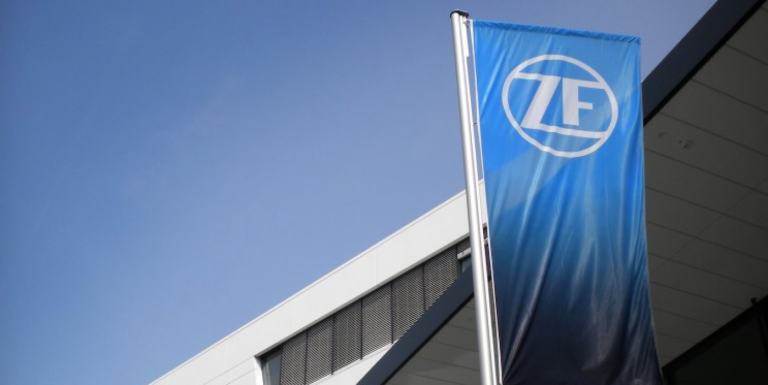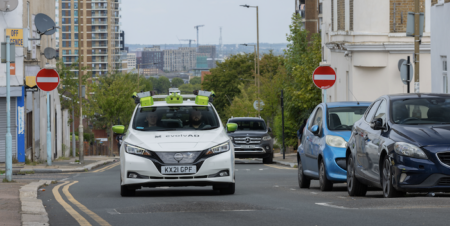ZF Friedrichshafen AG (ZF) has released its financials for 2019, including group sales of €36.5 billion (slightly below the previous year’s figure of €36.9 billion). Of course, the Covid-19 crisis presents challenges for the coming year, but the company is confident in the year ahead and is pursuing the long-term goals of its ‘Next Generation Mobility’ strategy.
ZF CEO, Wolf-Henning Scheider, emphasises that the is confident, even in today’s serious situation, and is preparing to ramp-up the plants in Europe and the USA once customers resume production. In Asia, production has already resumed.
Scheider adds that in 2019 ZF won several high-volume orders, for example for the next generation of its hybrid-enabled eight-speed automatic transmission and for electric drives for cars and buses.
The 2019 earnings were affected by ZF’s higher research and development (R&D) expenditure. ZF again increased its R&D expenditure to €2.7 billion (2018: €2.5 billion), with the R&D ratio rising from 6.7% to 7.3%. The company is also setting up new sites for future technologies – such as production facilities for electric drives in Germany, Serbia and China.
“When we overcome the current crisis, we want to continue to invest in future technologies in a focused manner,” added Scheider. “This will enable us to further expand our competencies as a leading systems supplier.”
ZF’s CFO, Sauer further explained that financing the planned acquisition of the commercial vehicle brake manufacturer, Wabco, was a success. To this end, ZF placed bonds and bonded loans totalling €4.8 billion on the capital market last October
“Many more investors wanted to subscribe than we offered for this financing,” said Sauer. “This shows that the financial market sees and supports the potential of this acquisition.”
In addition to ZF’s own resources, participations and partnerships play a decisive role in the company’s R&D – especially in automated driving. These initiatives include, for example, the acquisition of a 60% majority stake in the Dutch company 2getthere, an established supplier of autonomous electric passenger transport systems, and the recently agreed cooperation with Microsoft to improve development processes and significantly ramp up ZF’s software capabilities.
“This is important for our customers who require flexible cooperation and short delivery times for software updates,” explained Scheider. “In addition, we will be able to develop software, even if the hardware is not yet available. ZF will also offer software solutions as individual products in the automotive market.”
2020 business outlook
The global economic situation has changed since the spread of the Coronavirus and the certification of the ZF’s annual financial statements. “We face an unprecedented situation,” stated Scheider. “We will continue to do everything we can to protect our employees, stop the spread of the virus and ensure the stability of our company. With our ‘Next Generation Mobility’ strategy, we are well prepared for the long term to make the mobility of the future a reality.”
With new billion-Euro orders for the hybrid-capable eight-speed automatic transmission and new business in the area of active safety technology (Integrated braking system/IBC), the continued increase in demand for electric bus drives, and R&D orders for automated driving functions, ZF has solid, long-term perspectives.





